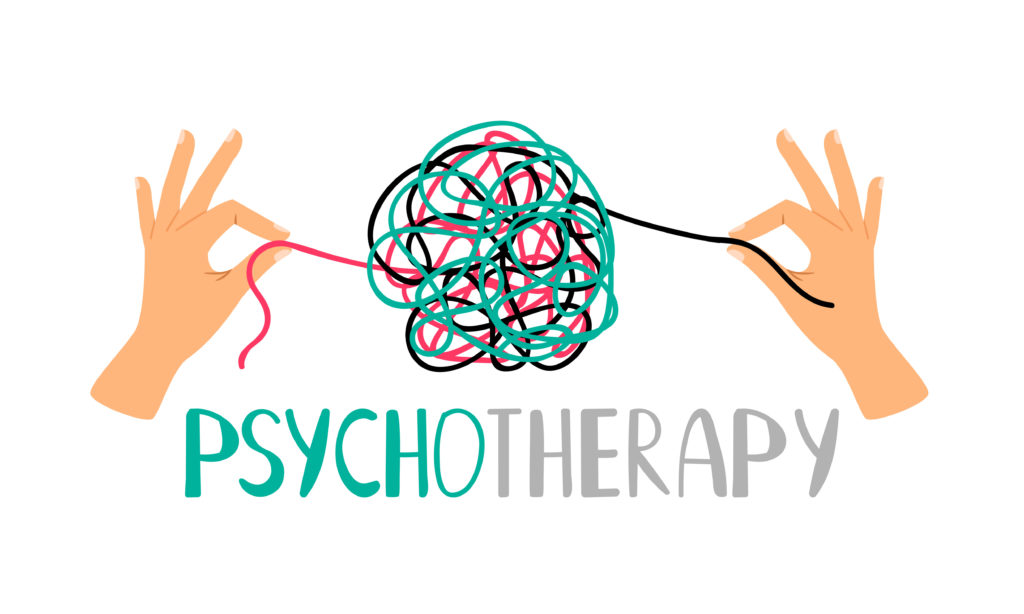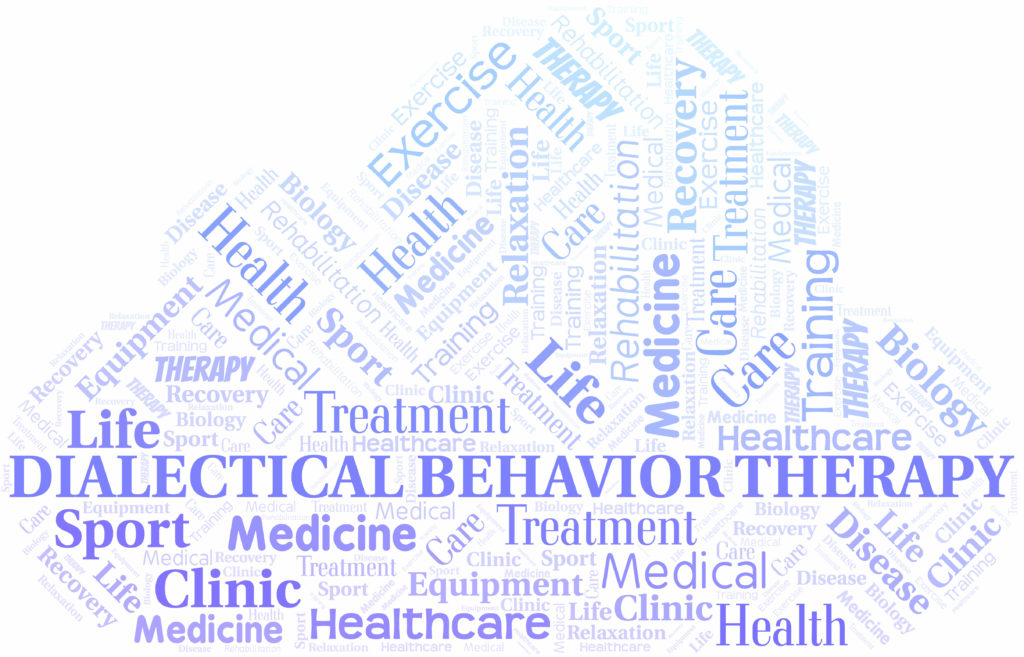Interpersonal (IPT) Therapy
Interpersonal psychotherapy or IPT is an evidence-based, focused, and time-bound approach that treats disorders in the mood. Its main aim is to improve the quality of a person’s interpersonal relationships and social functioning in order to reduce their suffering.
IPT includes strategies for resolving problems within four main areas.
- It resolves problems related to interpersonal deficits, including social isolation and unfulfilling relationships.
- It is helpful for people with unresolved grief due to the death of a loved one, past or present.
- It can assist with difficult transitions in life such as divorce, retirement or moving to another city.
- It is usually recommended in addressing interpersonal disputes emerging from conflicting expectations between partners, family members, co-workers or close friends.
When is IPT used?
Originally, IPT was meant to treat major depressive disorders. However, today it is used for various disorders like eating disorders, perinatal depression, drug and alcohol addiction, dysthymia, bipolar disorder and other mood disorders. Unlike other traditional psychodynamic approaches, IPT examines current rather than past relationships. It recognizes internal conflicts but does not focus on them.
This practice is different from behavioral and cognitive therapy as it deals with maladaptive thoughts and behaviors only as they apply to interpersonal relationships. IPT tries to change relationship patterns instead of the associated depressive symptoms. It targets relationship difficulties that aggravate these symptoms. IPT is thus less directive when compared with other cognitive-behavioral approaches and focuses on the patient’s specified target areas rather than on his or her personality traits.
What to Expect in IPT
Typically, IPT treatment consists of individual or group therapy sessions that are completed in a span of 12 to 16 weeks. The treatment is very structured and consists of continuous assessment, homework, and interviews by the therapist. During the first phase, consisting of 1 to 3 sessions, the therapist conducts an assessment of depressive symptoms and examines the social history. He reviews close relationships and any changes in patterns and expectations. The therapist then begins his treatment strategies based on the identified problem areas. While the treatment is going on, a targeted problem area may change along with the therapist’s recommended strategy. Group therapy generally includes pre-treatment, mid-treatment, and post-treatment.
How It Works
Interpersonal psychotherapy developed as a structured treatment for depression in adults more than two decades ago. However, it has gained popularity more recently and has been modified for practice with adolescents and elderly patients. IPT therapists believe that change in the social environment is the main cause of depression and continued depression. Initially, IPT appeared as part of the research that investigated the efficacy of antidepressants and was found to be comparable to medication.
What to look for in a Therapist
IPT is fairly recent psychotherapy that developed as a research intervention. Most IPT practitioners were actually researchers, and their successful research resulted in growing interest and its inclusion in clinical treatment guidelines. However, the standards for clinical training of non-researchers are still in the process of being defined. The International Society for Interpersonal Psychotherapy (ISIPT), which deliberates issues related to training issues, allows countries to create their own credentialling processes for IPT. A therapist must help the patient in identifying any interpersonal issues that need to be dealt with and rank them in the order of importance. He is also expected to provide support regarding clarification of issues, communication analysis, and supportive listening.








